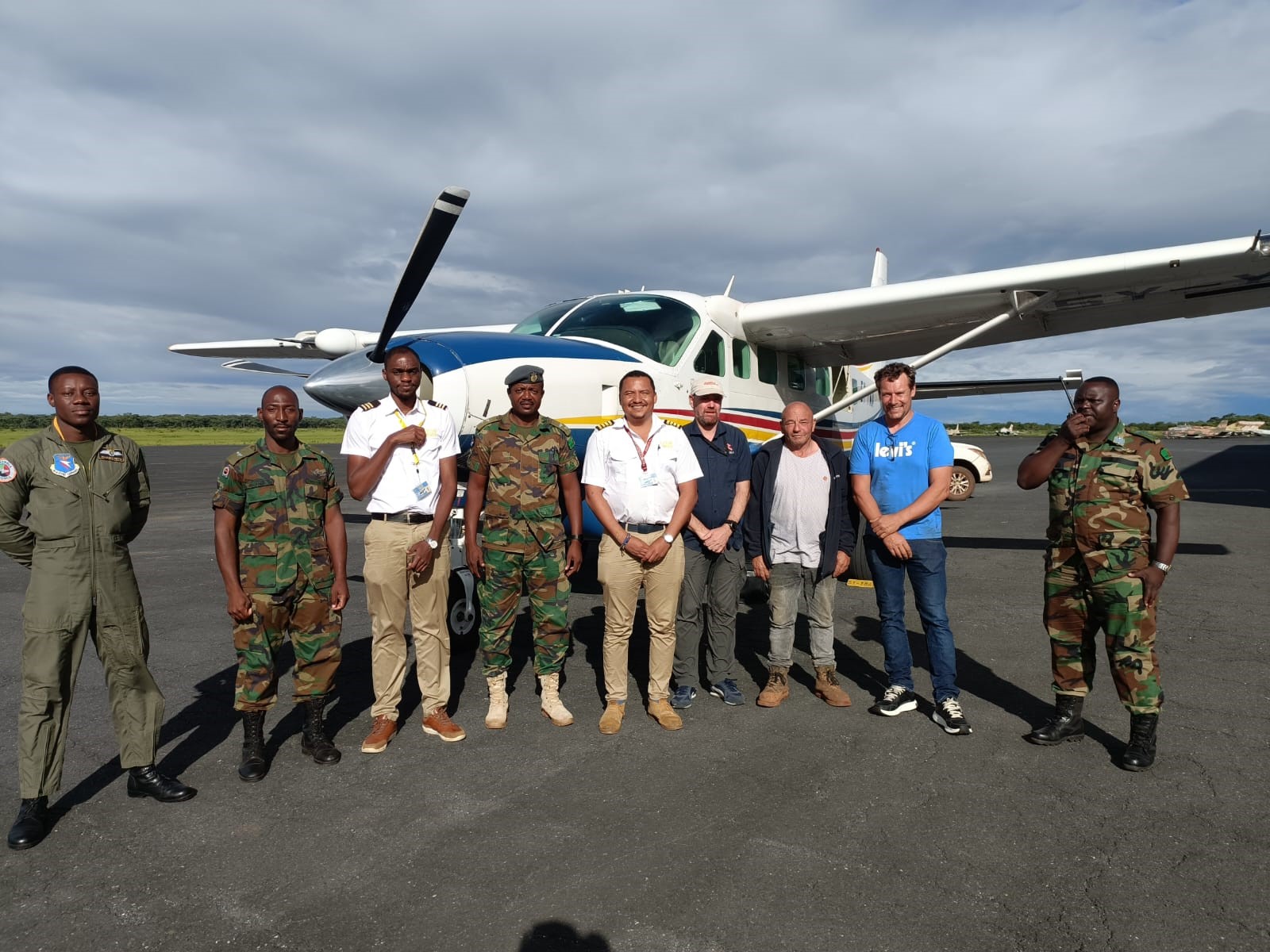Radiola has been solving problems for customers worldwide since 2003.
With their ‘kiwi can-do attitude’, they work innovatively to deliver solutions with the highest level of safety and compliance in the demanding aviation sector.
Richard Thomson, Executive Director, explains,
“Solving problems for our customers is central to what we do, but it’s also about ensuring our staff are as prepared as they can be. It’s part of our company culture to keep our people safe no matter where they travel.”
Radiola delivers airfield technology and services to countries across the world. They have a very tight-knit, flexible team with decades of technical and operational experience.
They work in some very challenging climates, often in third-world countries, with very basic living conditions. Staff need to be equipped and have the autonomy to make decisions on the fly.
“When our people are in the field, it’s our job to make sure they have the right communication tools for the job and that they are supported in the best possible way,” says Richard.
One of the ways to reduce risk before deciding on a mission in a new location is to carry out a risk assessment. This risk assessment enables staff to understand the realities of what is going on in the air and on the ground, so they can work out what they need to do to reduce risks to acceptable levels.
Airspace assessment tools from MedAire and International SOS help the team quickly identify hazards, risks, and threats. All this information is then put into a risk assessment model to assess the mission’s feasibility.
Radiola’s services in these remote places are often safety-critical to normal aviation operations. This explains why they put so much effort into identifying the risks, what the problems are, and then finding out how to mitigate them and provide solutions.
Once on a mission, some situations can be very complex. They often involve managing various teams of people and dealing with some very trying conditions. Even basics like accommodation, food and water can be challenging.
“We’re very good at working with people from different cultures and religions and adapting to challenging environments,” says Richard.
“Ultimately, it’s all about solving problems for customers and finding a way to help them out in the safest way possible.”

